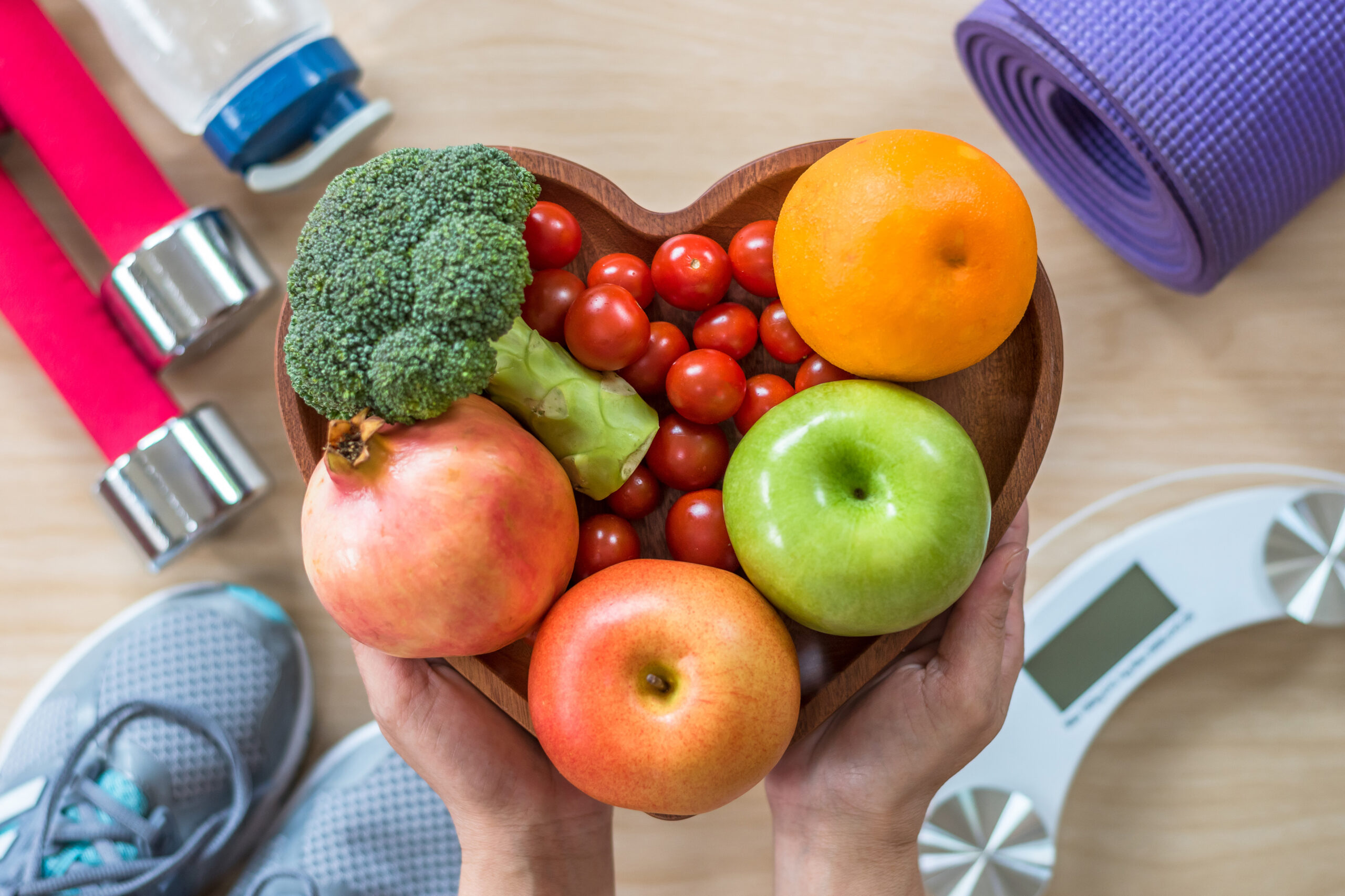Although it’s okay to enjoy your favorite treats in moderation, it’s important to make sure you’re eating plenty of heart-healthy foods to keep your circulatory system and heart working at its best.
 Eating a balanced diet full of healthy foods can help protect you against heart attacks, coronary heart disease, and strokes.
Eating a balanced diet full of healthy foods can help protect you against heart attacks, coronary heart disease, and strokes.
By eating more of the following 6 foods, you’ll help keep your heart healthy and free of disease.
Whole grains
Whole grains are packed with fiber as well as key nutrients that help regulate your blood pressure. You can easily increase the number of whole grains you eat by making a few simple swaps. Instead of buying white bread, always choose bread that’s 100% whole grain.
Try out some different grains like quinoa, buckwheat, and farro. If you do opt for pasta or rice, eat more brown rice and whole grain pasta.
Including more whole grains in your diet is a great way to get more creative with your meals and experiment with different recipes and ingredients while keeping your heart healthy.
Eat healthier fats
Reducing your saturated fats and eliminating trans fats from your diet is key to lowering your levels of blood cholesterol as well as reducing your risk of coronary artery disease.
High cholesterol levels are dangerous for your heart health, since plaque build-up in your arteries can increase the risk of heart attacks and stroke.
Limiting how many saturated and trans fats you consume is easy if you know which healthy fats to eat instead.
Try swapping butter and shortening for olive oil. While it might seem strange at first, it imparts a very pleasant flavor to your food, and it’s easy to cook many recipes with it.
Avocados are a great source of natural fats and are again a great alternative to butter and oils such as coconut and palm.
Try eating more nuts and seeds. While they contain a lot of calories, nuts and seeds are full of good fats and omega 3, making them a great snack to eat in moderation without compromising your heart health.
Fruits and vegetables
Being a fantastic source of vitamins and minerals, fruits and vegetables are also low in calories and have a high concentration of fiber, too. Some of these vitamins and minerals are key in lowering your risk of cardiovascular disease.
Incorporating more fruits and vegetables into your diet is also a great way to cut back on calorific snacks like chips and chocolate.
Buy plenty of different varieties to make sure your meals are interesting and different each time. Make sure that you are eating fresh fruits and vegetables that don’t contain hidden added sugars. Avoid canned fruits that are covered in syrup, as well as canned vegetables that generally contain too much salt.
Wine
If you do enjoy an occasional glass of wine, your choice of wine can be a smart choice for your heart health.
A glass of red wine is thought to be the most heart-healthy alcoholic beverage. It contains two antioxidants, resveratrol and catechins, that can help to protect artery walls. Red wine also boosts good cholesterol.
While red wine is the most heart-healthy option, remember to always enjoy it in moderation. Drinking too much wine can harm your heart—women shouldn’t have more than a glass a day and men no more than two.
Low-fat protein
Protein is an essential component of any balanced diet. While it’s easy to think that all protein is healthy and necessary, it’s important to be aware of what types of protein you should avoid and which are heart healthy.
The best kinds of low-fat protein sources are fish, poultry, lean meat, low-fat dairy, and eggs. Fish, in particular, is a great source of protein due to the richness of omega-3 fatty acids which can help lower blood fats. Chicken and turkey breasts are other good sources of lean protein.
When choosing dairy products, always go for the lower fat options such as reduced-fat milk or low-fat yogurt.
Lower your intake of red meat since it contains a lot of cholesterol and saturated fats. To increase your intake of cholesterol-free protein, opt for more legumes like lentils.
A black bean burger is an excellent choice instead of traditional meat burgers. They are cholesterol-free and packed full of antioxidants and magnesium which can help lower blood pressure. As a great source of fiber, this can help manage cholesterol and blood sugar levels.
Herbs and spices
When making your diet more heart-healthy, it’s important to avoid too much salt. Consuming too much sodium can increase your blood pressure which also raises the risk of cardiovascular disease. While salt might seem necessary to make food more interesting and flavorful, there are other healthier alternatives.
Try cooking with more herbs and spices and try out new flavors. Take care to ensure that there isn’t any additional salt added into the spice blend. Condiments like ketchup and mayonnaise are also full of salt and should be limited. Always try to buy reduced-salt condiments or eliminate them from your diet entirely. Cooking from scratch is always the best way to ensure that food doesn’t have too much added salt.
February is Women’s Heart Health Month
With heart disease being one of the leading killers of women in the United States, there’s no better time than now to be more conscious of your diet. Eating well and ensuring you’re eating foods that are heart-healthy will help keep your circulatory system at its best and help you prevent cardiovascular disease.
Are you interested in finding out other ways that you can improve your heart health? Feel free to schedule an appointment online with one of our healthcare professionals — we would be happy to help you!
